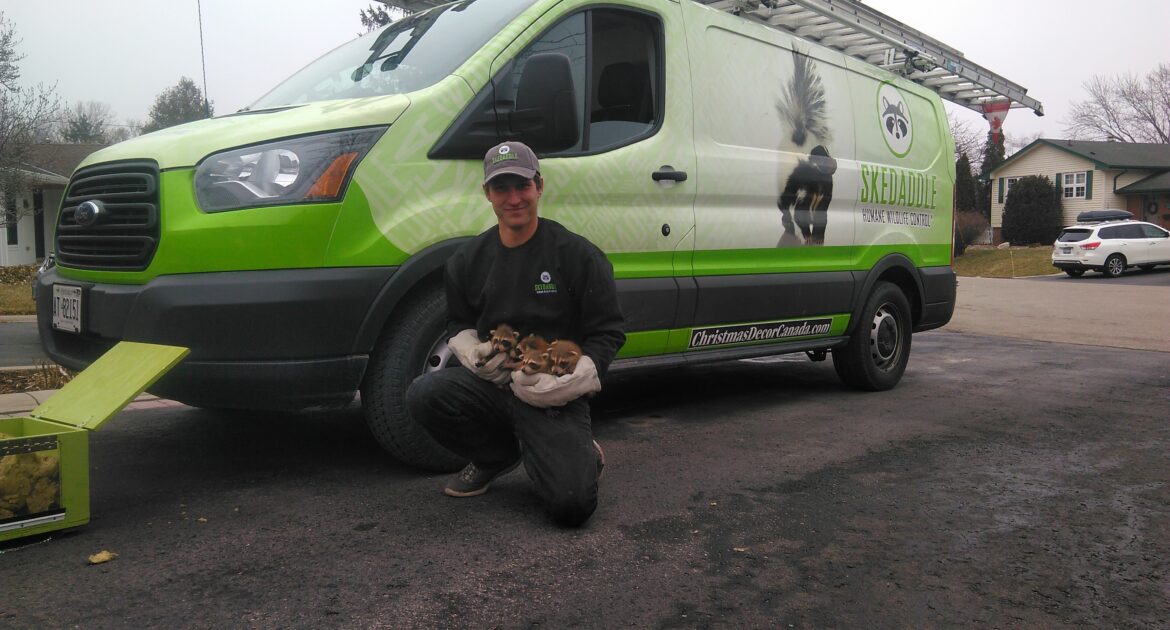Wild raccoons are not pets. Petting or interacting with a wild animal of any kind is risky, but raccoons are dangerous. The animal can be aggressive and, depending on its health, may transmit diseases or infections to humans. With the average wild raccoon lifespan of only two to five years, it is vital to maintain healthy boundaries with the animal for everyone’s protection, including the raccoon.
Reasons To Avoid Contact With Raccoons
While there are many videos of people interacting with raccoons, many situations involve domesticated raccoons. Domestic raccoons are more docile than wild animals and receive regular veterinarian checkups to ensure their health.
Wild raccoons are not as passive as domestic animals. Also, they can transmit various illnesses to people and pets. Each reason is enough to avoid the animals, keeping your distance to protect yourself and the raccoon.
1. Defensiveness and Aggression
Raccoons try to avoid predators and perceived threats. As nocturnal animals, it is relatively easy to avoid most people. That said, when the animal feels threatened, it can become defensive.
Raccoons are most protective of their litter. If a human inadvertently gets too close to a den with babies, a mama raccoon may lunge, bite, and scratch to scare the person away. If a person is too persistent, the animal may attack and pursue the threat to ensure it stays away. Raccoons may also become aggressive if you interfere with a male trying to find a mate or suddenly stop offering food.
2. Disease and Infection
Besides defensiveness and aggression, humans should avoid raccoons because they carry transmissible diseases. The one disease that people fear the most is rabies. While the illness is potentially lethal, it is rare for people to get it from raccoons. That said, raccoons represent one of the most rabies prevalent populations.
Illnesses and infections that are more likely from coming into contact with a raccoon or its environment include gastrointestinal diseases. Some of the most common include:
- Leptospirosis
- Salmonella
- Giardiasis
Steps To Take When Bitten
In the lifespan of a raccoon, it is possible for the animal to bite a human. Because of the bacteria, infections, and diseases the animal may transmit, it is essential to care for the wound correctly. You should take three steps if a raccoon ever bites you.
1. Clean the Wound
After the initial bite, you should clean the wound thoroughly. Use soap and water to rinse the bite area. Then, use an anti-bacterial solution to protect against infection. Finally, wrap the wound in a clean bandage.
2. Go To the Hospital
While washing and cleaning the wound is a good start, it is not enough. The bacteria and viruses a raccoon might carry require more thorough treatment. Go to the hospital and explain what happened. Most likely, you will receive a rabies treatment as a preventative.
3. Call Wildlife Control
Call wildlife control as soon as possible. The professionals will try to locate the animal that bit you. If they can find the raccoon, they can test it for rabies and other illnesses to ensure you receive the appropriate treatments for your wound. The service will also ensure the animal finds a new home away from people, limiting the chances of harming someone else.
Dangers of DIY Removal
DIY wildlife removal in Madison is never a good idea. It doesn’t matter if the animal is a raccoon or a mouse. Wild animals are dangerous and unpredictable, especially when cornered.
If you notice raccoons around your home or suspect one is nesting in your house, garage, or shed, contact Skedaddle Humane Wildlife Control to schedule removal. The service will send out a team of technicians to assess the situation and provide a solution.




